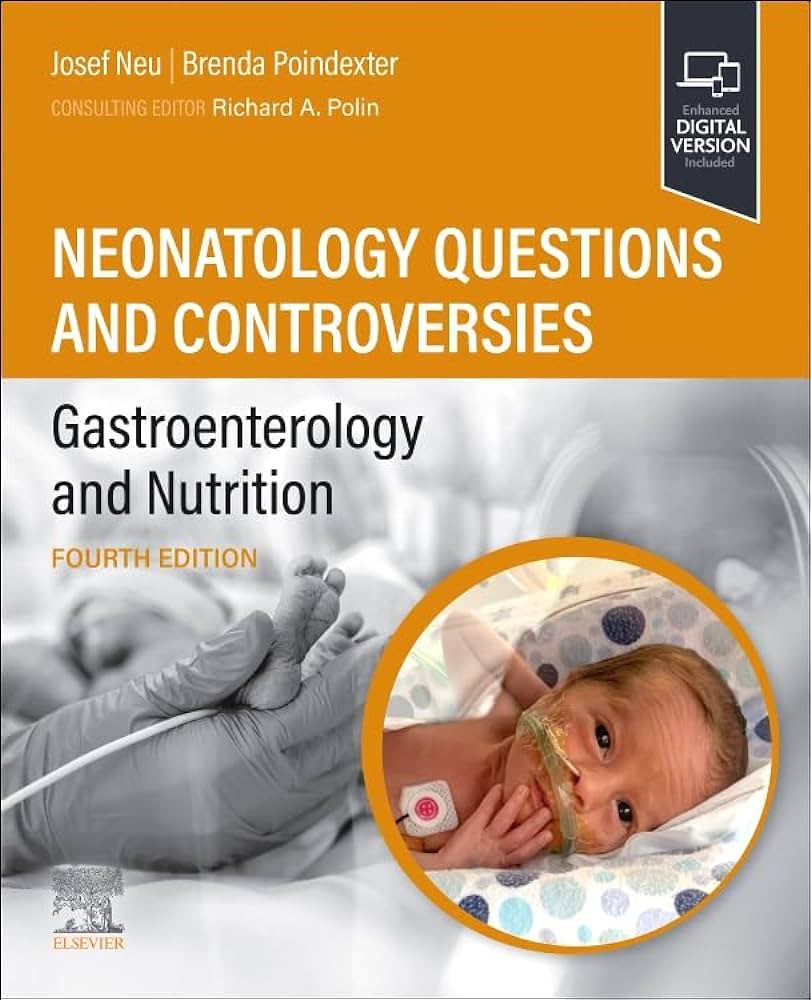Περιγραφή
The thoroughly updated, full-color, 4th Edition of Gastroenterology and Nutrition:
- Provides in-depth clinical overviews of both common and rare neonatal GI and nutritional disorders, offering guidance based on the most up-to-date understanding of underlying pathophysiology.
- Places emphasis on controversial areas that can entail different approaches.
- Features the most current clinical information throughout, including the dynamic composition of human milk for precision nutrition, how the developmental biology of the GI tract relates to optimizing nutrition for the most vulnerable infants, interactions of the gut with the brain and other organs, associations between the GI tract and nutritional health and disease with individual nutrients, microbes, and metabolites, and more.
- Covers rapidly emerging technologies such as artificial intelligence and multiomics for predictive analytics, as well as in augmenting our understanding of mechanisms of pathophysiology.
- Discusses how diagnoses such as sepsis, bronchopulmonary dysplasia, and central nervous system disorders relate to a breakdown of homeostasis in the intestinal tract.
- Utilizes a consistent chapter organization to help you find information quickly and easily, and contains numerous charts, graphs, radiographic images, and photographs throughout.
- Offers the most authoritative advice available from world-class neonatologists who share their knowledge of new trends and developments in neonatal care.
- An eBook version is included with purchase. The eBook allows you to access all of the text, figures and references, with the ability to search, customize your content, make notes and highlights, and have content read aloud. Additional digital ancillary content may publish up to 6 weeks following the publication date.
Purchase each volume individually, or get the entire 7-volume Neonatology Questions and Controversies set, which includes online access that allows you to search across all titles!
- Gastroenterology and Nutrition
- Hematology and Transfusion Medicine
- Neonatal Hemodynamics
- Infectious Disease, Immunology, and Pharmacology
- Renal, Fluid, and Electrolyte Disorders
- Neurology
- The Newborn Lung












